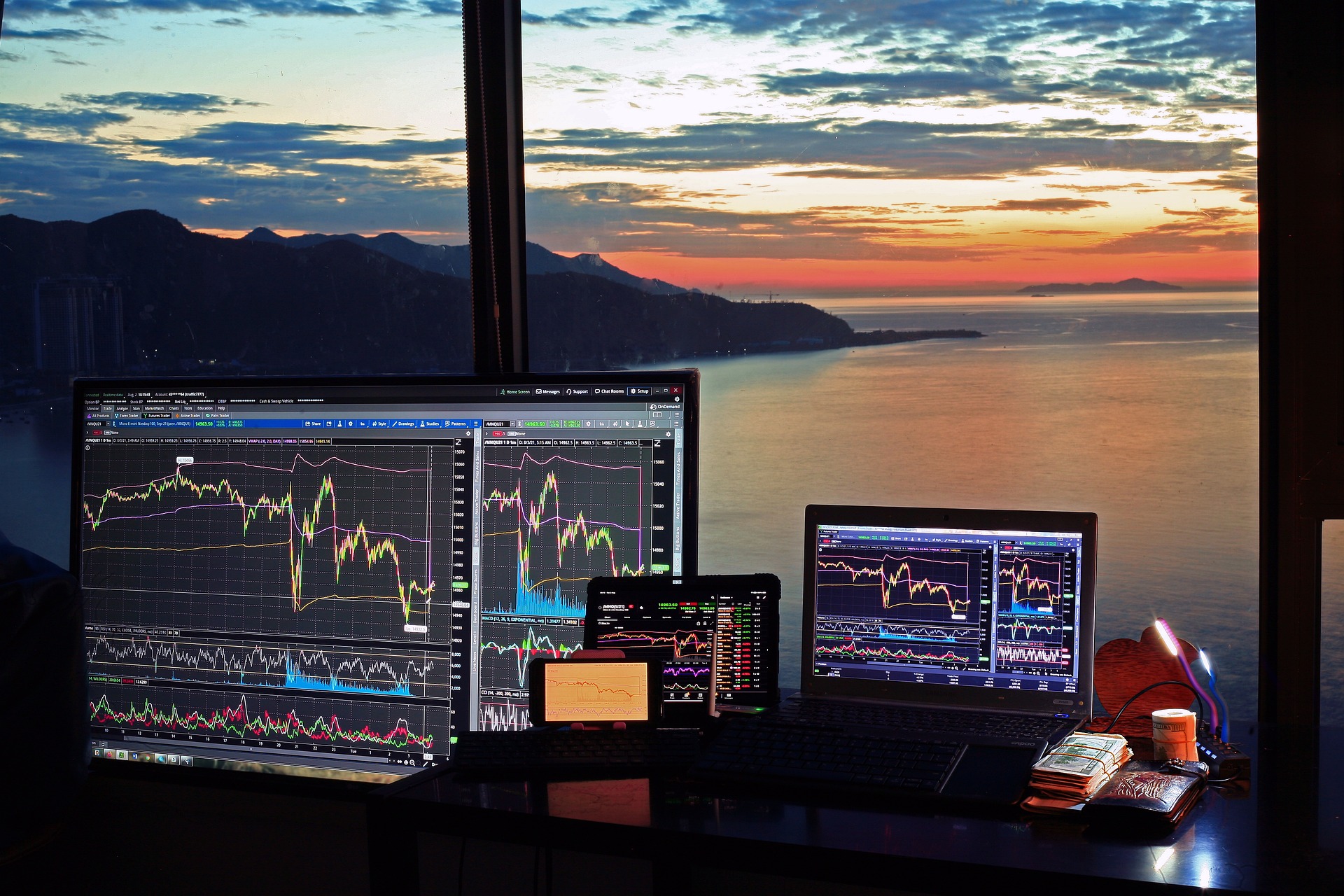In the dynamic world of Contract for Difference (CFD) trading, staying ahead of market trends and making informed decisions is paramount. Experienced traders employ a diverse range of advanced strategies to navigate the complexities and uncertainties that come with the territory.
This article delves into some of these strategies, offering insights into how seasoned traders maintain their edge in this ever-evolving landscape:
Technical analysis mastery
Experienced traders understand the importance of technical analysis when trading CFDs. By dissecting historical price data and chart patterns, they glean valuable insights into potential market movements. Through the adept use of indicators like moving averages, RSI, and Fibonacci retracements, they identify key entry and exit points. They often incorporate advanced charting tools and custom algorithms to fine-tune their analyses.
Employing technical analysis allows traders to identify trends, support and resistance levels, and potential reversals. This, however, is challenging, as false signals and unexpected market events can still disrupt even the most meticulous analysis.
Risk management protocols
Seasoned traders place a strong emphasis on robust risk management strategies. They understand that minimising losses is just as crucial, if not more so, than maximising gains. This entails setting stop-loss orders, diversifying their portfolios, and sizing their positions appropriately. They also avoid over-leveraging, recognizing the potential for rapid and substantial losses.
Experienced traders often employ advanced risk assessment techniques, such as value-at-risk (VaR) models and Monte Carlo simulations. These tools provide a more nuanced understanding of potential downside scenarios, enabling traders to make informed decisions in the face of uncertainty.
Read: How Many Nickels Make a Dollar?
News and fundamental analysis
Experienced traders keep a keen eye on global economic and geopolitical events that can significantly impact CFD markets. They follow economic indicators, central bank policies, and political developments closely. By incorporating fundamental analysis into their trading strategies, they gain a broader perspective on market dynamics.
It’s important to note that fundamental analysis comes with its challenges. Unpredictable events, unforeseen policy shifts, or unexpected economic data releases can swiftly alter market sentiments, rendering even the most thorough examinations obsolete.
Algorithmic trading systems
Sophisticated traders often leverage algorithmic trading systems to execute their strategies precisely and quickly. These systems use pre-defined rules and criteria to enter automatically and exit trades, removing the emotional component from decision-making. By utilising backtesting and optimization processes, traders fine-tune their algorithms to adapt to changing market conditions.
Nevertheless, it’s crucial to acknowledge that algorithmic trading is not a foolproof strategy. Even sophisticated algorithms can be vulnerable to unforeseen anomalies or sudden market shocks.
Psychological resilience
Experienced traders recognize the crucial role that psychological resilience plays in their success. They understand the emotional toll that trading can take, especially in the face of unexpected market swings or losses. To mitigate the impact of emotions on their decision-making, they employ techniques like mindfulness, meditation, and cognitive behavioural strategies. These practices help them maintain a level-headed approach, allowing for more rational and disciplined trading.
Seasoned traders often establish clear trading plans and stick to them rigorously, regardless of emotional impulses. They acknowledge that discipline and consistency are paramount in the face of the inherent uncertainties of the market. However, it’s important to note that even the most seasoned traders can still be susceptible to moments of emotional vulnerability, underscoring the ongoing challenge of mastering one’s psychology in CFD trading.
Continuous learning and adaptation
Experienced traders understand that the markets constantly evolve, and what worked yesterday may not work tomorrow. As such, they prioritise continuous learning and adaptation as essential components of their trading strategies. They stay updated on industry trends, attend seminars, and engage with other traders to exchange insights and perspectives. By remaining intellectually agile, they position themselves to better anticipate and respond to shifting market dynamics.
Seasoned traders are adept at recognizing when a particular strategy may no longer be effective. They are willing to adapt or discard strategies that no longer align with the current market conditions. This ability to pivot and evolve is a hallmark of an experienced trader, allowing them to stay ahead of the game over the long term. However, it’s essential to acknowledge that adaptation is not without its challenges, as it requires a willingness to let go of familiar approaches and embrace new, untested methods.
With that said
In the dynamic world of CFD trading, experienced traders rely on a combination of technical analysis, robust risk management, fundamental insights, and algorithmic prowess to maintain a competitive edge. While these strategies provide valuable tools for navigating the complexities of the market, it’s important to remember that trading always carries inherent risks. Success is never guaranteed, and adaptability remains a trader’s most valuable asset. By understanding and implementing these advanced strategies, traders position themselves to navigate the uncertain waters of CFD trading with a higher degree of confidence and resilience.

